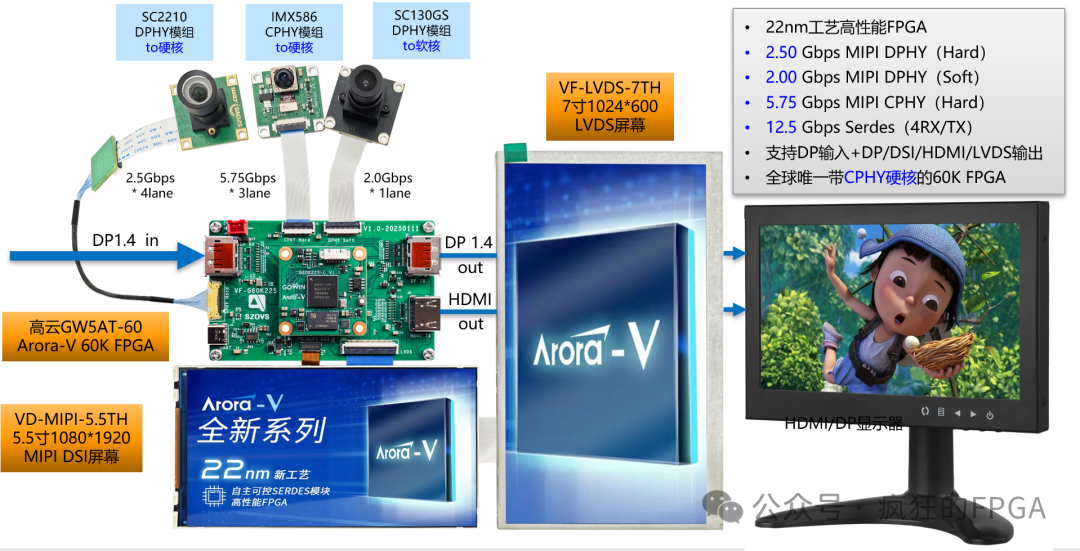
By Li Panpan
(JW Insights) Jul 31 -- After the last couple of tough years in the chip supply chain, most car companies are relieved of chip shortage and will have ample supply in the second half of 2023.

However, now there are signs of a comeback of chip shortages. Stellantis, the world's fourth largest car company, recently predicted that the automotive chip shortage would reappear, and it will spend 10 billion euros ($10.96 billion) by 2030 to secure the supply chain, Bloomberg reported. Chip maker Synaptics also said the automotive chip shortage will occur again in the next 18 months to two years.
With unclear prospects, Chinese car companies feel necessary to consolidate their achievements in the field of electrification and intelligence and continue to strengthen their competitiveness. Domestic substitution becomes a must for the Chinese automotive chip industry, without other choices.
The domestically produced automotive chips are one of the few areas in the automotive industry that are favored by policies, market demands, enterprises, and capital. Zou Guangcai, deputy secretary-general of the China Automotive Chip Industry Innovation Strategic Alliance, said, "After two or three years of chip shortages, it's commonly acknowledged in China that there should be supply back up of basic components and chips. Although China is weak in this technology, the domestic automotive chip industry has caught up with an excellent period."
More and more Chinese independent brand car companies have set the goal of localization rate of car-grade chips. Shanghai’s auto giant SAIC plans to lift its China-made chip proposition to 30% by 2025. Wuhan-based Dongfeng Motor said it will achieve 60% to 80%. The localization rate for GAC Group's automotive chips went up from 3% in 2021 to 10% in 2022. Li Auto said that the localization rate of L series chips had exceeded 25%, which is likely the highest chip localization rate.
Upstream chip suppliers also feel the change. Flagship Technology, SemiDrive Technology, and others told JW Insights earlier in the year that Chinese automakers and the automotive industry chain have obvious attitude changes and expectations for domestic-produced automotive chips. They are willing to find manufacturers who can produce car-standard chips with high-safety, high-reliability, and high-performance.
However, the road to more automotive chip localization is long and complicated. Zhang Yongwei, vice chairman and secretary-general of the China EV 100, said that the current domestic supply rate of automotive chips is less than 10%. It implies that there will more bottlenecks for critical and smart chips or even for a mirror with the increasing demands in the future.
SAIC said it currently imported more than 90% of the 1,600 chips it uses for a car. Among all, about 30% can be found and used directly in China. Another 30% can be found, but are still in the design or tape-out process. There are no potential suppliers in the country for the remaining 40%.
Most domestic chip suppliers have shorter experience in the automotive industry; They need , longer verification cycle and higher investment for products. So Chinese manufacturers mainly start with pin-to-pin solutions and substitute more with lower-end products.
The Chinese automotive chip suppliers need to invest and innovate in mid-to-high-end products and get stronger in the whole ecosystem.
On the side of Chinese OEMs, they may have different strategies due to their different positions in the market. There are those that rely heavily on international parts suppliers; They need to cooperate with component suppliers and explore certain feasible paths and build their technical capabilities. Thosec that can independently develop controllers have a relatively fast localization process and some even set a radical localization target of 60% to 100%.
Overall it might take more than a decade of efforts for Chinese automotive-grade chips to become competitive in this survival of the fittest market, said the JW Insights article.
RELATED
-
The IC design subsidiary of China’s listed IC distributor P&S completes testing of its first MCU product for automotive standard
11-20 16:26 -
Chinese electronic component company CETC mass produceds its Beidou satellite communication module for China’s major EV maker
11-20 15:55 -
GE Healthcare's new Shanghai Innovation Center hosts first batch of digital health startups
11-17 19:11









